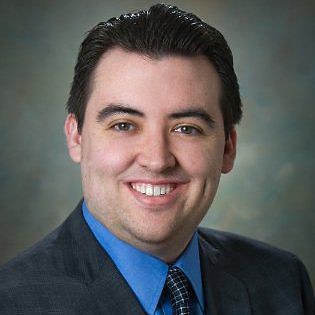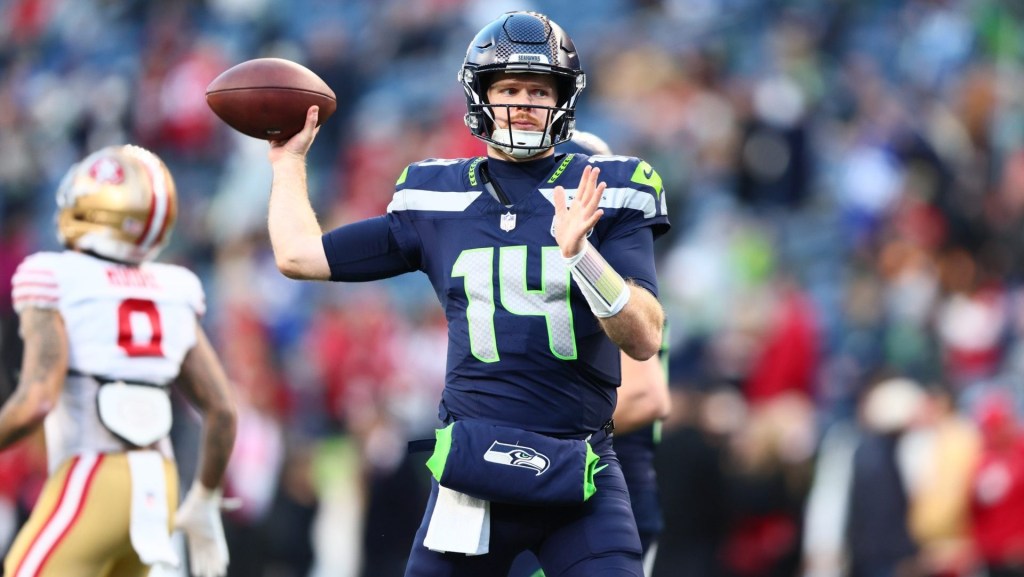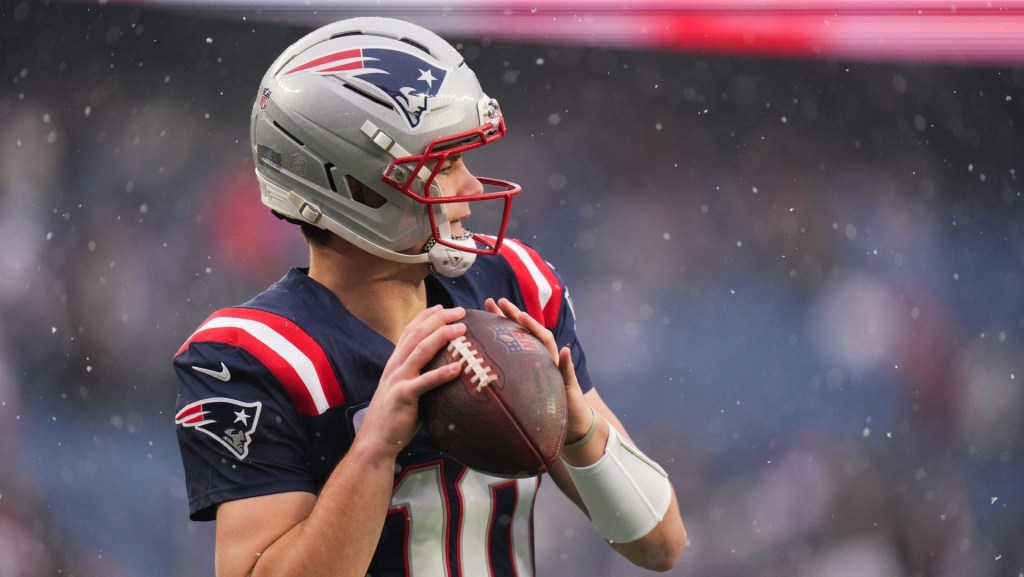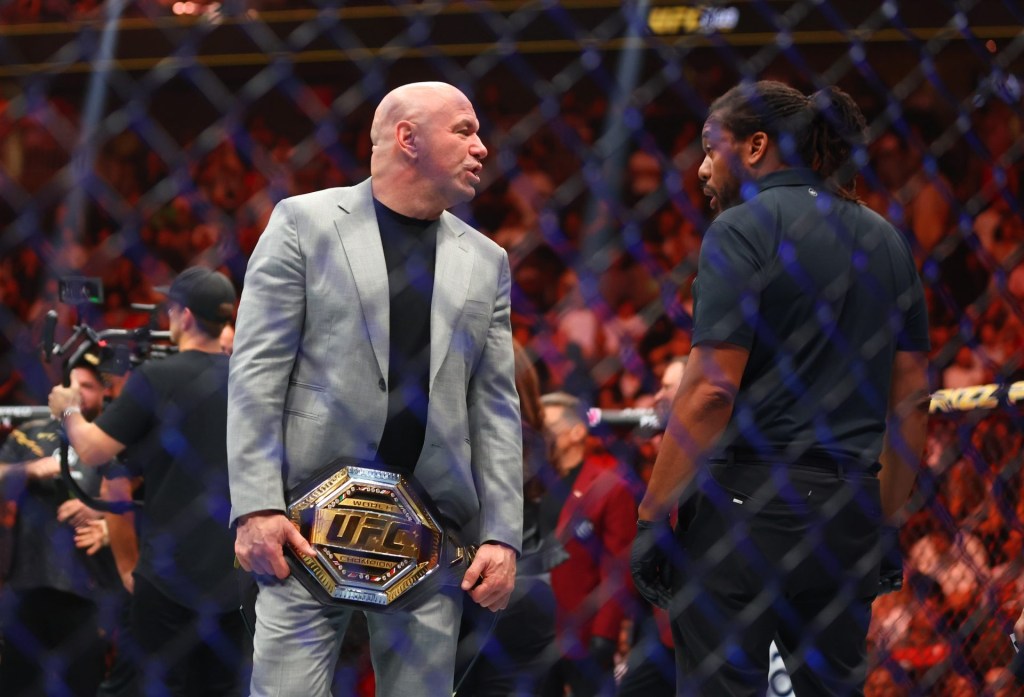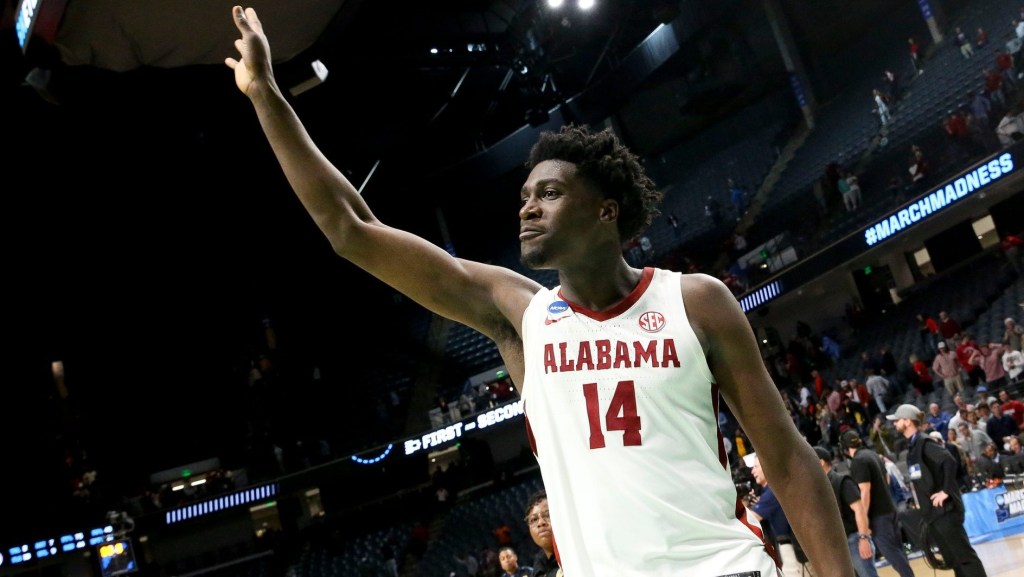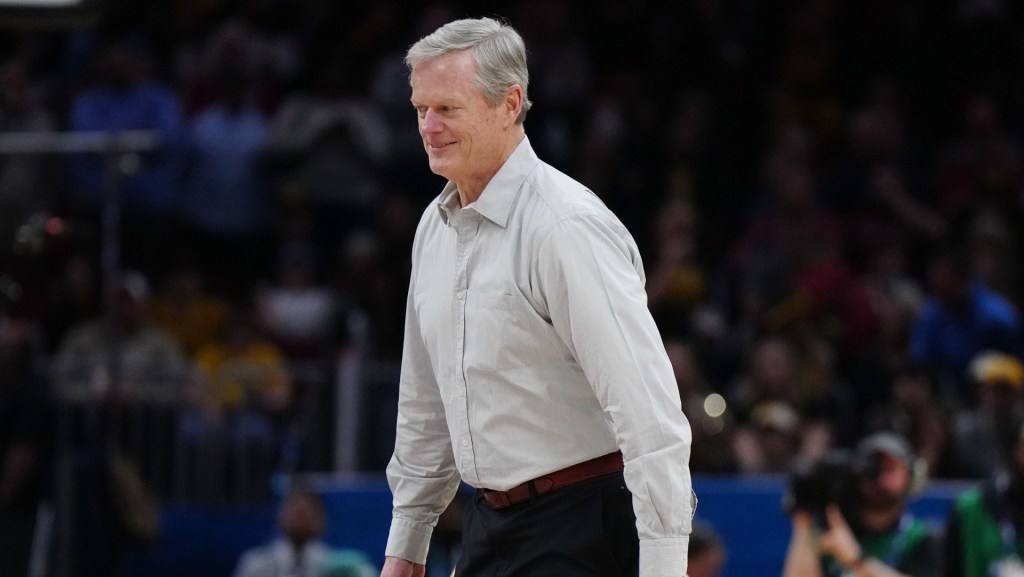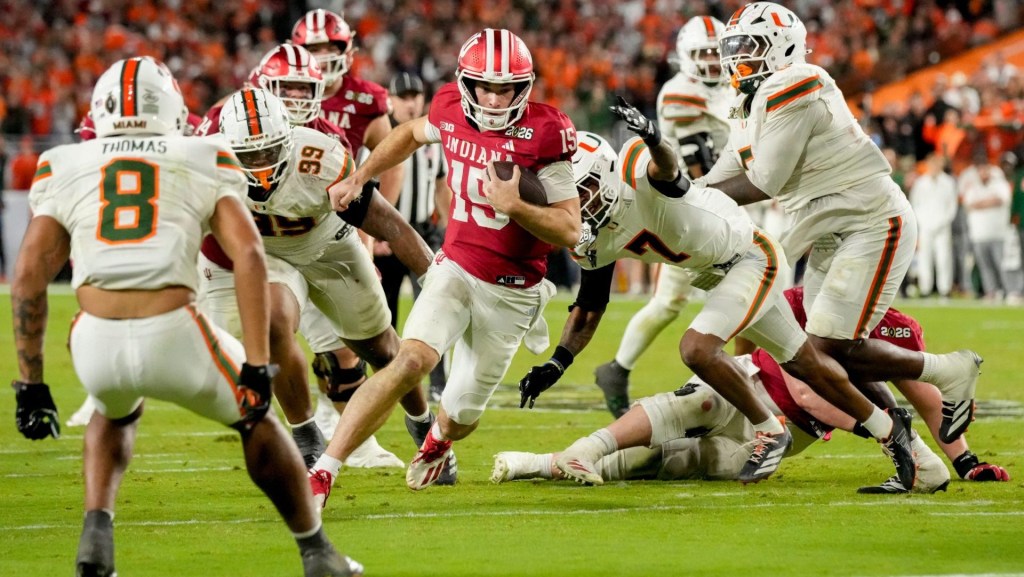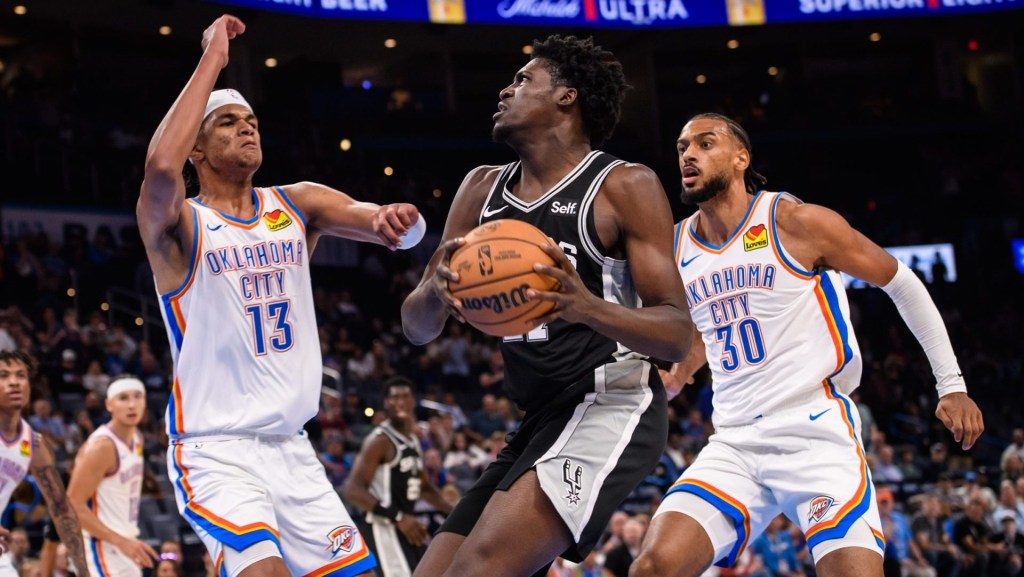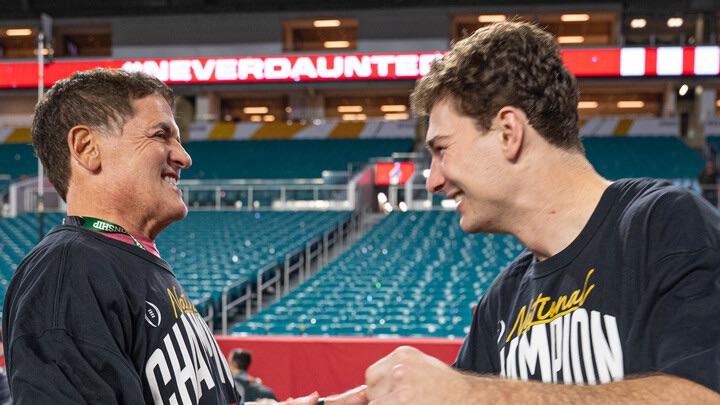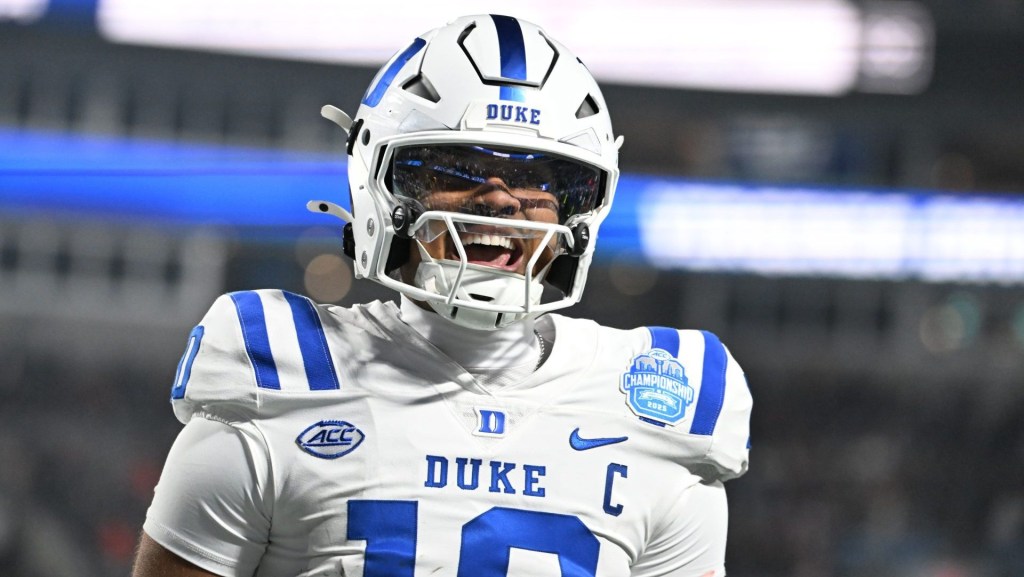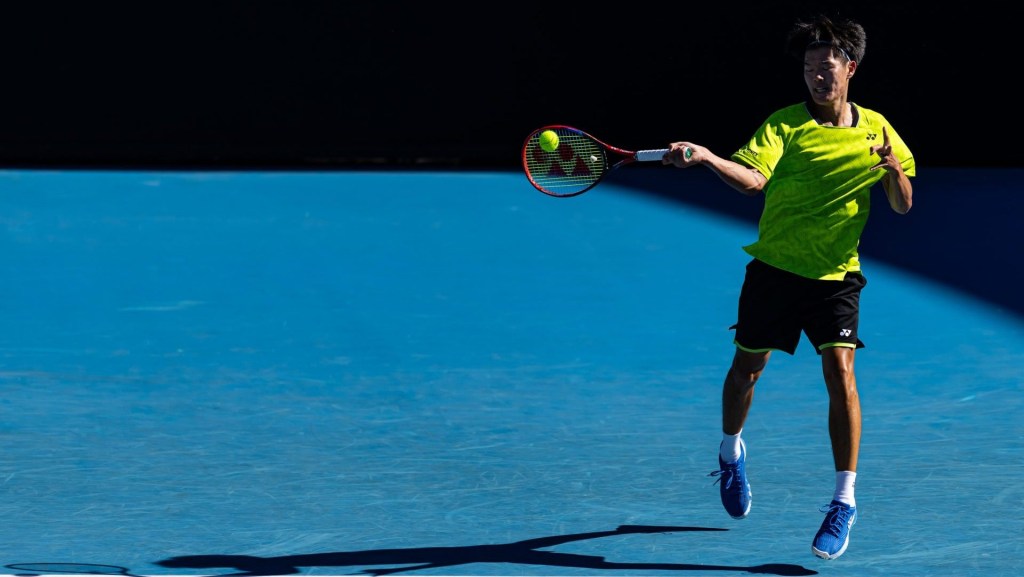By: Joseph Barca, @BarkyCat

Front Office Sports is proud to have sat down with Sean Cartell, Assistant Director for the Southeastern Conference (SEC). Sean’s sports business career started before college when he worked as a Sports Information Specialist for Santa Fe Community College in Gainesville, Florida. He’s currently serves as the Sport Administrator and Championship Director for the sport of equestrian. With over 10 years experience in the sports world, Sean was gracious enough to offer up his time and insight into the world of college athletics, what he likes most about his current position and what you need to do to get there.
What is your background/schooling?
I have a Bachelor’s of Arts degree in Integrated Strategic Communications from the University of Kentucky. That degree is a combination a lot of different areas of communications — public relations, marketing, advertising, journalism. It’s a comprehensive degree and provided me with great skills. The work experience that I got before entering the workforce was very beneficial to me. I started out, before my senior year of high school, as a Sports Information Specialist at Santa Fe Community College in Gainesville, Florida. I got some really good experience there.
The athletic director Jim Keites there really allowed me to really handle all facets of the sports information. Even though I was a volunteer, he really treated me like a full-time member of his staff and held me accountable to the way I did the job and the expectations. That really helped me learn and grow.
I went to the University of Kentucky and from day one was involved in their athletics media relations office. I like to say that it was probably one of the most unique experiences for a student to have because they treated me like a full-time employee. They really empowered me to grow as a professional and as a student. I benefited very early on from a lot of people that were great mentors.
Did you always view sports as a desired profession?
I knew for a long time that I wanted to be involved in college athletics. Growing up in a town like Gainesville, Florida, you’re really exposed to some big time college athletics. I give a lot of credit to my parents, they exposed me to a variety of sports. When I was in middle school I found myself starting to watch people who were working around the event and wonder, ‘What do they do?’ and I’d love to learn more about it. I would buy media guides and look at the bios of the people working the events and try to figure out what they did. I entered in the communications side of college athletics because I always had a passion for reading and writing and telling stories.
Describe your professional journey and how you climbed the professional ladder?
I really put a lot of emphasis on hard work. I think that one of the most important things, to really work hard and do the job completely, no matter how long it takes. For a lot of people, sports is entertainment, but when work in sports you’re working during the times that those people consume sports as entertainment. You have to be willing to work those long hours. Another big thing is the willingness to take initiative. I think instead of waiting for someone to offer you experience, you need to try to do something to start gaining experience on your own. Get out there, start doing tasks and learn wherever you are.
There’s always something you can learn that can help build your skills set. The more diverse your experiences, the more well-rounded you are as a professional. I think lastly, just understand it’s a people business. Whether it’s the people you work with or professionals in the media that you work with, coaches or administrators, we’re all in this for the student athletes. Value your relationships with people. I think networking is kind of a buzzword. It’s not one of my favorite words because I believe you need to actually develop quality and genuine relationships with people.
It can’t be for the purposes of getting ahead, you need to develop an interest in the lives of the people you interact with on a daily basis or the people you interact with once. One thing I did before I started my profession was read about the professionals that were already in that same profession. I’ve been involved in college athletics for about thirteen years and so many of those people that I read about and tried to learn things from are now friends of mine.
What are the most important lessons you’ve learned throughout your career?
Two principles that I just come back to are one, everything you do it’s all about the people you interact with both in your professional and personal life. The other thing is you want to always be focused on doing the right thing as you go about what you do. It’s not necessarily what should I do, it’s more about what the right thing to do is. If you can go through every day and focus on having positive and quality interactions with the people that you deal with and also go through the day knowing you tried to do the right thing in everything you did, I believe valuing people and doing the right thing are the primary focuses that will lead to success.
What do you do at the SEC [Southeastern Conference]? What are some highlights as the Assistant Director?
As I mentioned, my background is in Communications, but I’ve always wanted to learn about all the areas of college athletics. Ultimately someday I’d like to work as an Athletics Director. The SEC has allowed me to grow both inside and outside of the communications area. I’m so appreciative of that and it’s also been helpful to me as I learn about college athletics. When I was brought to the SEC, my primary job was to serve as a liaison with the conference’s digital rights providerr, to work with the conference’s social media platforms, and to generate content/stories about the student athletes and teams in our conference. I really tried to take every opportunity to learn, grow, and expand what I was doing. I’ve taken on some media relations responsibilities in the conference. I’ve taken on baseball, track and field, cross country, and equestrian. In summer of 2012, the conference added equestrian as its 21st sport.
I really appreciated the confidence the conference had in me in making me the Sport Administrator and Championship Director of the sport of equestrian. We had to figure out what the rules were, what does a championship look like, how would we do a schedule, officiating, all aspects of administering the sport. It was a lot of fun to be a part of that. Everybody in that sport has been great to work with.
That has allowed me to get involved, on a national level, with the national collegiate equestrian association. I’m going into my third year on the selection committee for that. It’s the same concept as the selection committee for basketball. I’m also involved with the SEC academic initiative, SECU. We’re the only conference to have an initiative exactly like that. It is focused completely on academics across our 14 schools. I was able to be a part of our first SEC symposium. Students and professors from across the conference come to participate in the symposium, which annually addresses a singular scholarly issue or problem across a wide variety of disciplines..
Words of wisdom for students or young professionals?
Number one, they need to find a way to get involved as early as possible. Find a way to work in whatever you can, whatever team or college is around, get involved! Get into an area that interests you in college athletics. Be willing to work long hours and be willing to volunteer. Do whatever it takes and stay as long as you need to stay. Meet as many people as you can and develop genuine and meaningful relationships. That’s really the biggest thing. From there, how can you learn, improve, and grow in the field? Involvement is key because to be successful in college athletics you need put in a lot of hours before you obtain your first full-time job.
We would like to thank Sean for his time and insights and we wish him the best in all his future endeavors!
You can follow Sean on Twitter here or connect with him on LinkedIn here!
